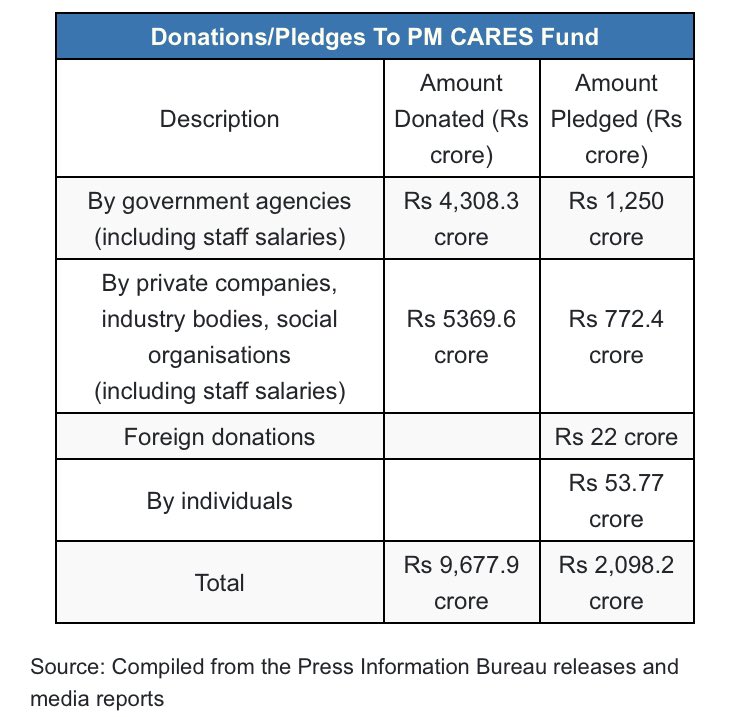
Member of Parliament| General Secretary in-charge Communications, Indian National Congress| Unapologetic Nehruvian
How to get URL link on X (Twitter) App













 Rajasthan Govt's promises fulfilled:
Rajasthan Govt's promises fulfilled:







 2. Nehru letter to Patel dated July 19 1947 shows how Patel was a close confidante & ally of Nehru in cabinet formation.
2. Nehru letter to Patel dated July 19 1947 shows how Patel was a close confidante & ally of Nehru in cabinet formation. 